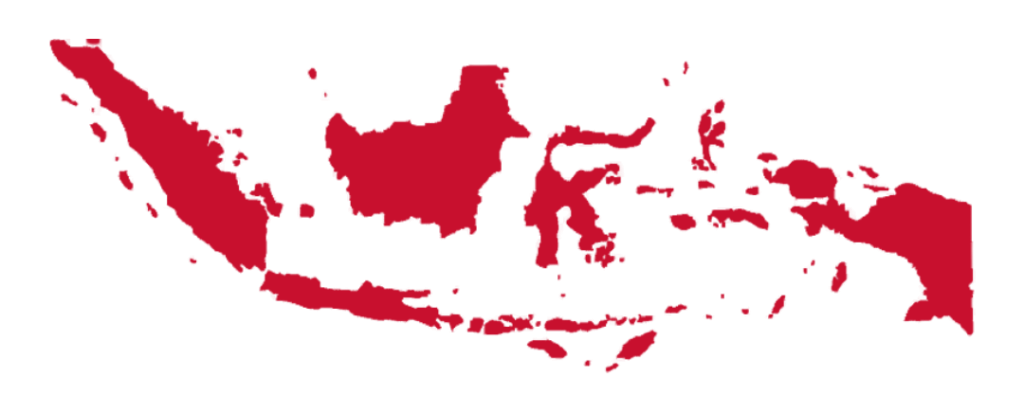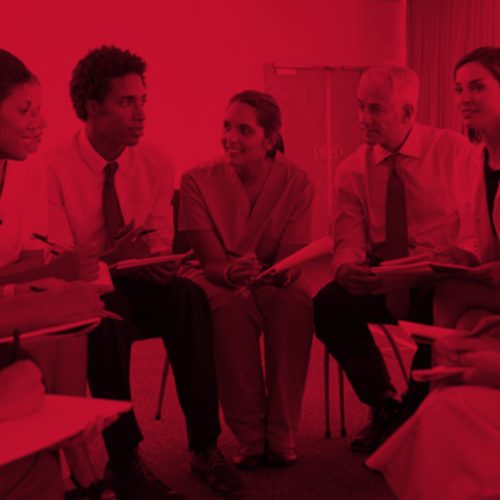TEAMING UP FOR BETTER HEALTHCARE:
interprofessional collaboration in times of COVID-19

National Health Collaboration Day
is celebrated every year on
OCTOBER 12TH

It all started from the initiative of all health students in Indonesia. The spirit of collaboration is nothing but aimed to make a better health for Indonesia. Because of that, there must be a good communication and coordination between all of health disciplines. Health students are expected to be commited to implement, support, and do research to solve health problems. The main objective is to improve the health status of Indonesia.
Interprofessional education is a collaborative approach to develop healthcare students as future interprofessional team members and a recommendation suggested by the Institute of Medicine. Complex medical issues can be best addressed by interprofessional teams. Training future healthcare providers to work in such teams will help facilitating this model resulting in the improvement of healthcare outcomes for patients.
BENEFITS OF IPC
increasing
- Access and coordination of health services
- Appropriate use of specialist clinical resources
- Health outcomes for people with chronic disease
- Patient care and safety
- Maternal care coverage
decreasing
- Average cost for blood pressure control in primary health care
- Repetition on health program planning
- Staff turnover
- Maternal complication in health center

WHO PLAYS A ROLE IN IPC?
Paramedic • Emergency physician • Hospitalist • Social worker
• Nurse practitioner • Command center nurse navigator • Mobile nurse • Pharmacist
Sources
Framework for Action on Interprofessional Education and Collaborative Practice. WHO, 2011.
Bridges, D. R., Davidson, R. A., Odegard, P. S., Maki, I. V., & Tomkowiak, J. (2011).
Interprofessional Collaboration: Three Best Practice Models of Interprofessional Education. Medical Education Online, 16, http://dx.doi.org/10.3402/meo.v16i0.6035
bem-kemafarunhas.or.id

